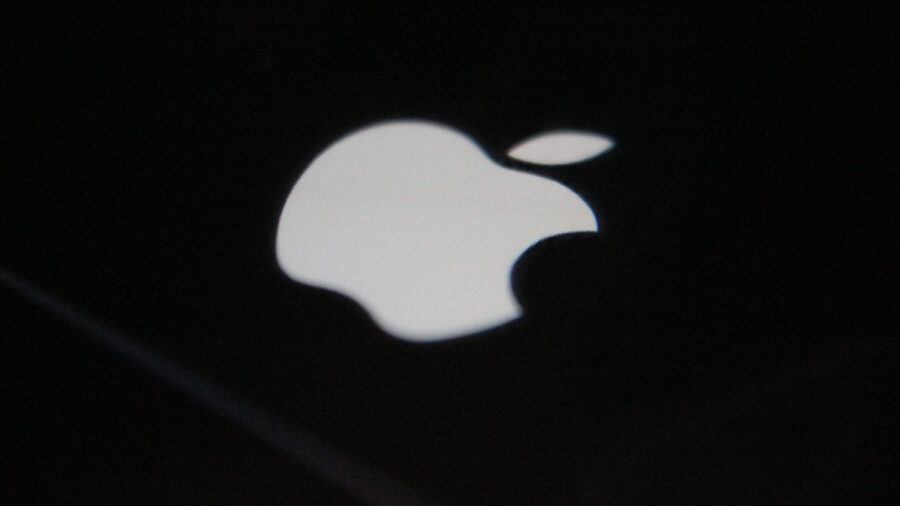Apple Has a Child Safety Plan, Tech Experts Are Petitioning Against It
Is Apple's plan to protect children going to infringe on your privacy?
This article is more than 2 years old

Conversations regarding technology and privacy protection have been going hand-in-hand for quite some time. Technology giant Apple has been at the forefront of those conversations and is often seen as a leader in the fight to protect and preserve an individual’s privacy. However, when Apple revealed new changes regarding child safety that it plans to roll out with its next software update, it put them in the hot-seat for potentially violating the very thing that they are seemingly so intent on protecting.
The Verge detailed that Apple intends to use hashing in order to identify CSAM photos, or Child Sexual Abuse Material, to minors under the age of 13. Essentially, hashing is a classification system that assigns the potential CSAM image a value; that value is then compared to an existing database of CSAM images in order to identify if the picture in question is indeed CSAM. Hashing is usually used to protect data by encrypting it, so no specifically identifiable information is revealed. However, the thing that has privacy pioneers like Edward Snowden and other sizable technology companies like WhatsApp reeling is that Apple has implemented a threshold relating to the hashing encryption. The threshold, once reached, will allow Apple to strip the images of their encryption and view the photos, which in turn can result in an unwanted breach of privacy.
The new changes, which can be viewed in detail on Apple’s website, have prompted many big players in the tech industry to protest. In fact, there is currently a letter attached to a petition that is circulating. However, while Apple’s new child safety plan has been raising concerns, consumer utilization of the new features is entirely optional. Apple intends on implanting these changes server-side via their iCloud database. This means in order for an iOS user’s photos to be accessed, they would need to intentionally turn on iCloud photo sharing on their device, thus giving the user the power to decide if this feature is something they would want to take advantage of.

Whether or not Apple will respond to industry criticism and revise its current plan remains to be seen. However, Apple has also been under fire for other reasons recently. Apple and Fortnite creator Epic Games battled it out in court this past May after Apple expunged Fortnite from its app store for trying to bypass their profit agreement and circumvent Apple’s thirty percent commission from any in-app-purchases. Apple and Facebook have also been at odds over a different privacy policy. When Apple launched the iOS 14.5 update, it came with the requirement that users be notified when websites were tracking them for ad-related purposes and have the option to ask those websites not to do so. This came as a blow for Facebook executives since the majority of their business model is based on profits from targeted ads.
The technology industry as a whole is undoubtedly reaching new horizons and entering previously untouchable territory. And because of this, it is inevitable that companies like Apple will have to chart what has not existed before but is sure to perpetually exist in the future, and it is clear that there will continue to be many bumps in the road along the way.












